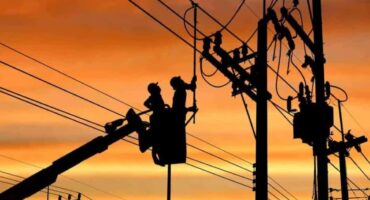-

SA expats in Mexico recount terrifying cartel violence
Network News
South Africans who witnessed the violence in Mexico after the death of cartel boss El Mencho share their experiences.
-

5 crew members missing after tug sinks off Mossel Bay coast
Mossel Bay Advertiser
-

Croc safely removed from KZN beach
South Coast Herald
-

-

Dubbele tragedie: Oudtshoorn-broers sterf dae uit mekaar
Oudtshoorn Courant
-

T20 World Cup semi-finals line-up: Proteas aim to extend unbeaten streak against New Zealand
The Proteas are firing on all cylinders as they prepare for a semi-final showdown.
Read More » -

-

-

-

-

6 economical and safe first-car options for students
Heading to varsity and in need of a car? We’ve got six smart choices that tick all the boxes for…
-

-

-

-

Book of the month
Imagine. You have a loving husband and two adored children. But you’re having an affair, with a man you definitely…
-

-

-

-

Omoda C7 feels like ‘something from the future’
The Chery owned Omoda C7 runs on super hybrid system combining the range and convenience of a petrol or diesel…
-

-

-

-

-

Xiaomi unveils REDMI Note 15 series
REDMI Titan Durability meets advanced imaging
-

-

-

-

-

Second Roodepoort man electrocuted while stealing from City Power streetlight
The Citizen
The Florida fatality follows an incident last week in which a suspect was electrocuted on Buitekant Street in Roodepoort West.
-

-

-

-


































